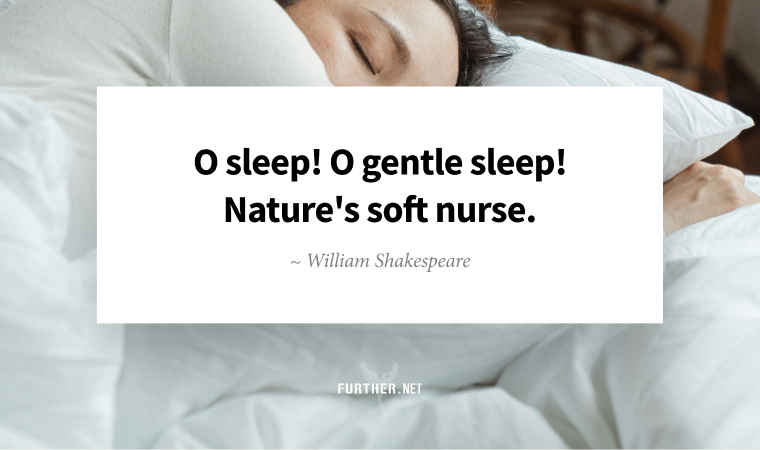
Sleep is perhaps the most essential of the three core longevity pillars, and for a reported one-third of adults, it’s also the most elusive. Not getting enough rest impacts everything in your life: productivity, moods, mental health, and physical health. And it only gets more critical as you age, as chronic sleep deprivation is linked to heart disease, high blood pressure, diabetes, kidney disease, obesity, and stroke.
It’s no wonder, then, that Hilton’s 2024 Trends Report found that “rest and relaxation” is the #1 driver of today’s travel destinations. This is also why the wellness industrial complex has elevated getting a good night’s sleep to a pricey pursuit known as “sleep tourism.”
Whether you spend $1,780 to descend into “meditative stillness” in a stainless steel “cocoon” or not, there are some valuable insights to glean from the high-end hotels catering to the weariest travelers.
Golden Slumbers
First, a quick tour of the sleep hygiene practices that help support your getting the recommended 7-9 hours of nightly sleep for healthy aging:
- Sleep in a dark, silent room
- No screens two(+) hours before bedtime
- Partake in sleep-enhancing practices before bed, like herbal tea or a hot bath
- Prioritize destressing (i.e., meditate)
And, of course, take breaks, which is what getting away is all about.
‘The earlier paradigm of a vacation was that sleeping was the most boring thing you could do while on holiday,’ said Kaushik Vardharajan, an associate professor at the Boston University School of Hospitality Administration. ‘It is only during the last 10 years or so that we have as a society started talking about the importance of sleep from a health and wellness perspective.’
Luxury hotels have long been focused on sleep “perks,” and now they’ve up the ante to include AI-powered smart beds that adjust to your body and SmartGoggles that lower your heart rate with heat, massage, and vibration. You can even go on a special retreat to work on your sleep challenges with experts, including medical professionals and spiritual wellness providers.
Or, you might slow down, notice what R&R truly means, and consider how to make it a more regular destination.
A Life of Your Dreams
Instead of saving up for a rest-centric vacation, how about making your lifestyle more compatible with getting better sleep?
Start by doing the things you do more of while you’re away, like communing with nature, exercising, and power napping, which new research shows has both short- and long-term benefits.
Then, give yourself a chance to examine the root causes of your sleep disturbances. If your lifestyle is what’s fueling your tossing and turning, then maybe it’s time for a change of scenery in a more relaxing locale. (Hello, location-independent business!) Just an idea to sleep on.
$1,780 to Spend the Night in a ‘Cocoon’? Hotels Are Betting on Sleep Tourism (New York Times gift article)
